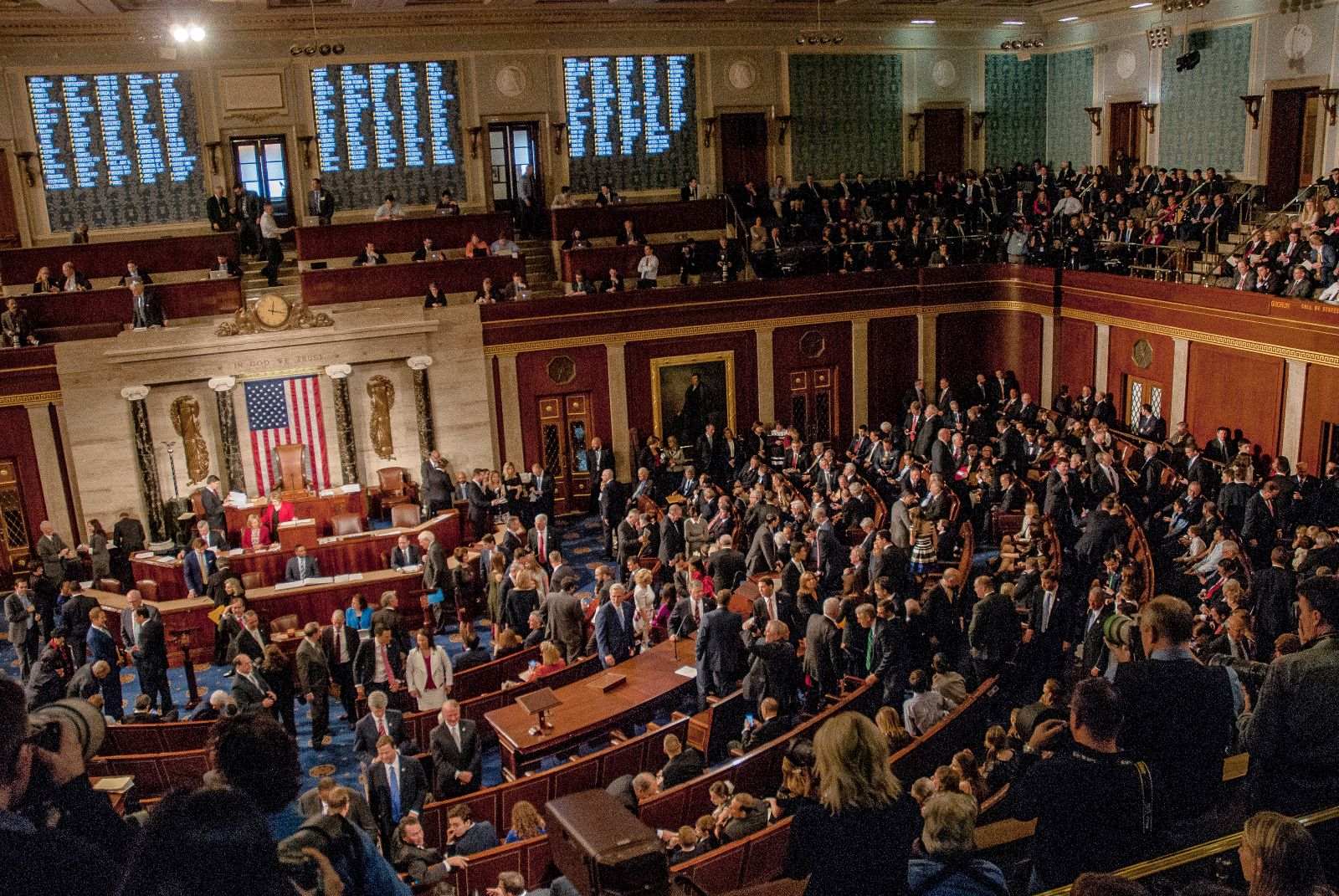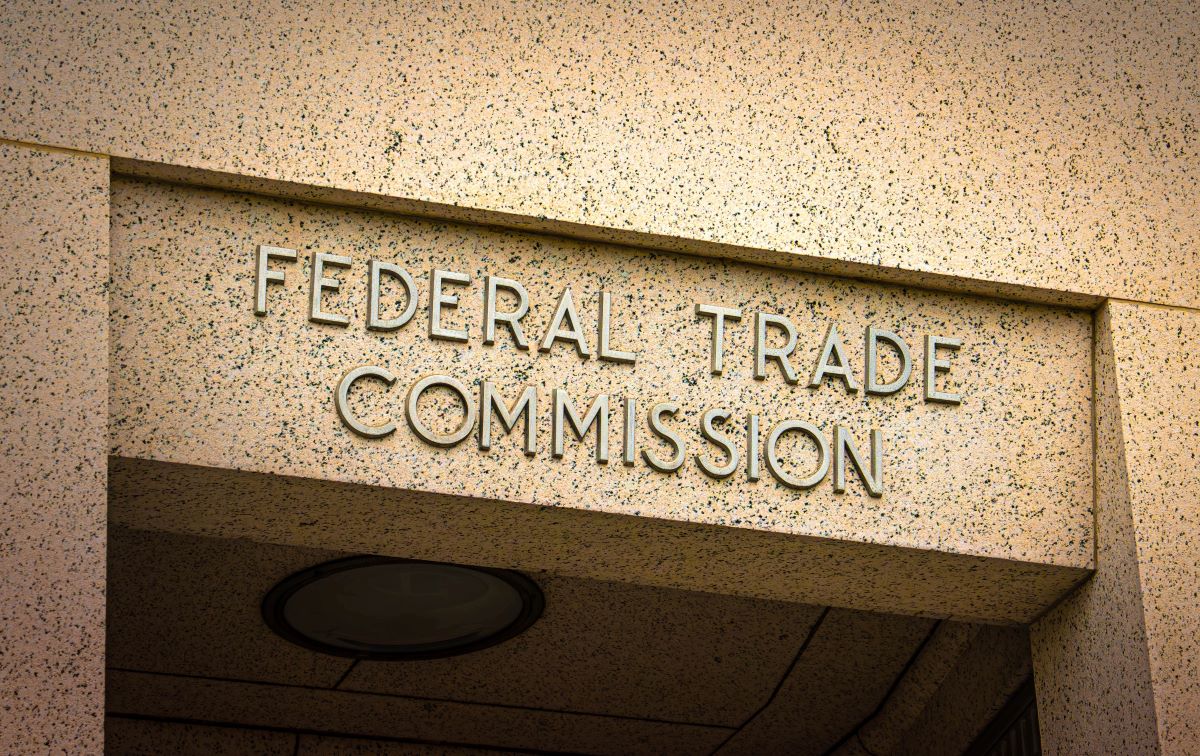The Federal Trade Commission has moved to block noncompete contracts, and a lot of organizations are not happy with the decision.
The End of Noncompete Clauses?

In another bold step by the US Federal Trade Commission, Americans may see the end of noncompete clauses in the workplace, if their new rule can make its way through federal courts.
No Competitive Businesses or Employers

A noncompete clause in an employment contract stipulates that employees cannot engage in competitive practices after that contract is up, whether by starting a competing business or working for a competitor.
More Freedom for Employees

On Tuesday the FTC issued a rule to rid workplaces nationwide of noncompete clauses, allowing workers to pursue employment with any company they prefer.
20% of Americans Affected

Noncompete clauses run rife across many industries in the US, so if the rule is successfully passed into law it would affect millions. According to the FTC, close to 20% of Americans are currently working under a noncompete clause.
As Many as 30 Million Helped

The FTC believes that an end to these prohibitive clauses would help as many as 30 million Americans earn more in their careers.
Biden’s Executive Order

It is not the first step recently taken to challenge such contracts. Three years earlier President Biden also signed an executive order to limit these agreements at a federal level.
State Decision-Making

At a state level, some action has already been taken to limit these contracts. California has already placed restrictions on FTC agreements, and other states have made similar moves to a lesser extent.
First Proposed in 2023

A ban was first proposed by the FTC in January 2023, where it was argued that non-compete clauses harmed the average worker by making it more difficult to move on to higher-paying jobs in their industry.
A Shift in the Industry

While noncompete contracts have long been associated with higher-paying jobs and even executive positions in the tech and finance industry, this phenomenon has shifted in recent decades, with low-income workers increasingly compelled to sign these contracts.
Low-Income Workers

According to a 2021 study by the Federal Reserve Bank of Minneapolis, 10% of workers who sign noncompete contracts are earning just $20 an hour or less.
Stifling Innovation

The FTC also argued that these clauses go far in stifling industry innovation and entrepreneurship due to reducing the amount of competing businesses that can be established.
A Boon For Start-Ups

“Noncompete clauses keep wages low, suppress new ideas and rob the American economy of dynamism, including from the more than 8,500 new startups that would be created a year once noncompetes are banned,” said FTC Chair Lina Khan.
More Space for Growth

“The FTC’s final rule to ban noncompetes will ensure Americans have the freedom to pursue a new job, start a new business or bring a new idea to market,” she continued.
Legal Action Taken

But whether the noncompete clause ban will be passed into law is another question. Delays to its enforcement are certain, as legal action has already been taken since the FTC’s announcement.
Lawsuits Flood In

Within 24 hours of the FTC ruling, various groups have filed lawsuits in order to block the ruling. The first lawsuit was filed on Wednesday by the Chamber of Commerce, Business Roundtable, Texas Association of Business, and the Longview Chamber of Commerce.
More to Come

Legal experts, such as DLA Piper employment lawyer Daniel Turinsky, expect more filings to appear in the coming weeks. “We think it’s likely additional lawsuits could be filed,” he said.
A Preliminary Injunction

Before the rule was issued the Chamber of Commerce had already made it clear that they did not support the FTC and would take action to prevent the ruling. They have asked the federal courts to place a preliminary injunction that would delay enforcement of the law throughout the litigation process.
No Legal Grounds?

In their filing, the Chamber posited that the FTC did not have the legal grounds to impose a blanket ban on nationwide noncomplete contracts. “The FTC contends that by using regulation they can simply declare common business practices to be ‘unfair methods of competition’ and thus illegal,” the filing read.
“Without a Vote from Congress”

“This is despite the fact that noncompete agreements have been around longer than the 110-year-old FTC and until now no one has suggested that they are illegal,” it continued. “If the FTC can regulate noncompete agreements, then they can decide to regulate or even ban any other business practice. All without a vote from Congress.”
“Clear Legal Authority”

Lina Khan responded to the filling in an appearance on CCN, claiming that the agency has “clear legal authority” to issue a noncomplete clause ban.
The post – Blanket Ban on Workplace Noncompetes Could Transform US Employment – first appeared on Wealthy Living.
Featured Image Credit: Shutterstock / lucasImages.
The content of this article is for informational purposes only and does not constitute or replace professional financial advice.





